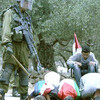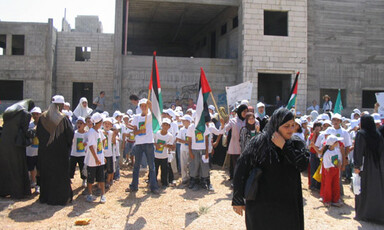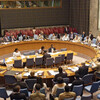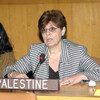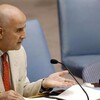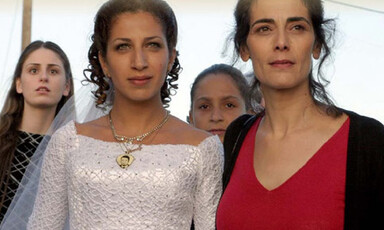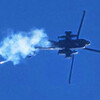
US may sell up to $600 million to Israeli Air Force, after Israel-US agreement on China
23 July 2005
This week, the United States said it may sell up to $600 million in equipment and services to Israel for maintenance of the engines on the Israeli Air Force’s F-15 and F-16 figher planes. The sale would cover support for Pratt and Whitney F-100 engines, spare and repair parts, testing, training, and other services for 10 years, the U.S. Defense Department said in a notice to the American Congress. Athough the US government has reportedly postponed working with Israel to develop a Joint Strike Fighter airplane because of concern about Israel’s sales to China, the US has provided Israel with funds to develop new weapons. According to US law, government authorized transfers or sales of controlled defence articles can be used only for internal security or defensive purposes. Read more about US may sell up to $600 million to Israeli Air Force, after Israel-US agreement on China


